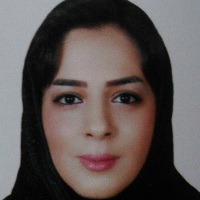Recital the role of women as hunters in foraging societies with the help of ethnographic research and archaeological findings
The traditional paradigm of "man the hunter" has dominated interpretations of prehistoric gender roles, relegating women to the background as gatherers and caregivers. However, recent ethnographic and archaeological research challenges these stereotypes, revealing that women in hunter-gatherer societies actively participated in hunting and other non-domestic roles. This paper revisits the concept of gendered division of labor in prehistoric societies, exploring evidence from ethnographic studies and archaeological findings to reconstruct the roles of women as hunters. By questioning the male-centric narrative, this study aims to provide a more balanced understanding of prehistoric subsistence strategies and social organization. The findings demonstrate that women, like men, were integral to the survival and adaptability of early human groups, contributing significantly to food procurement and social cohesion.
-
Searching for matriarchal societies in prehistory, relying on the findings of burial sites in Southwest Asia
, Hamed Vahdati Nasab*, Kourosh Mohammadkhani
Journal of Social Sciences,



